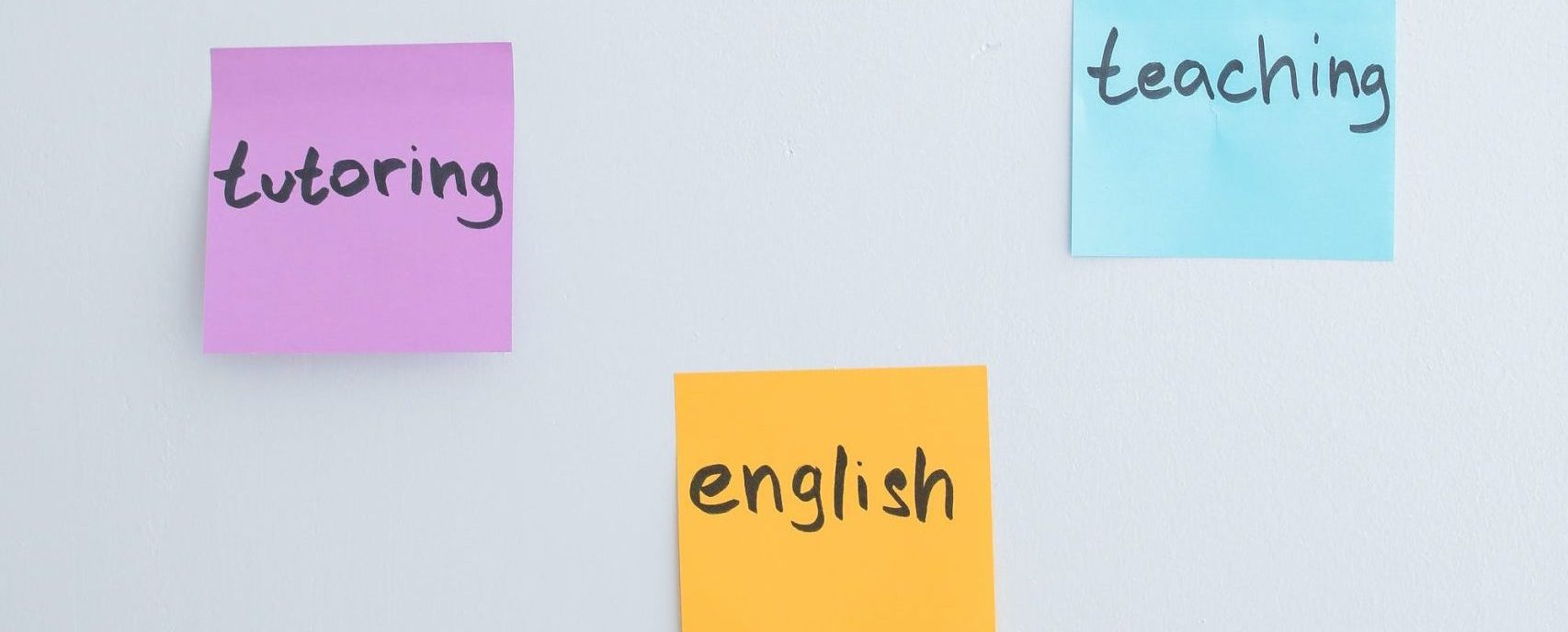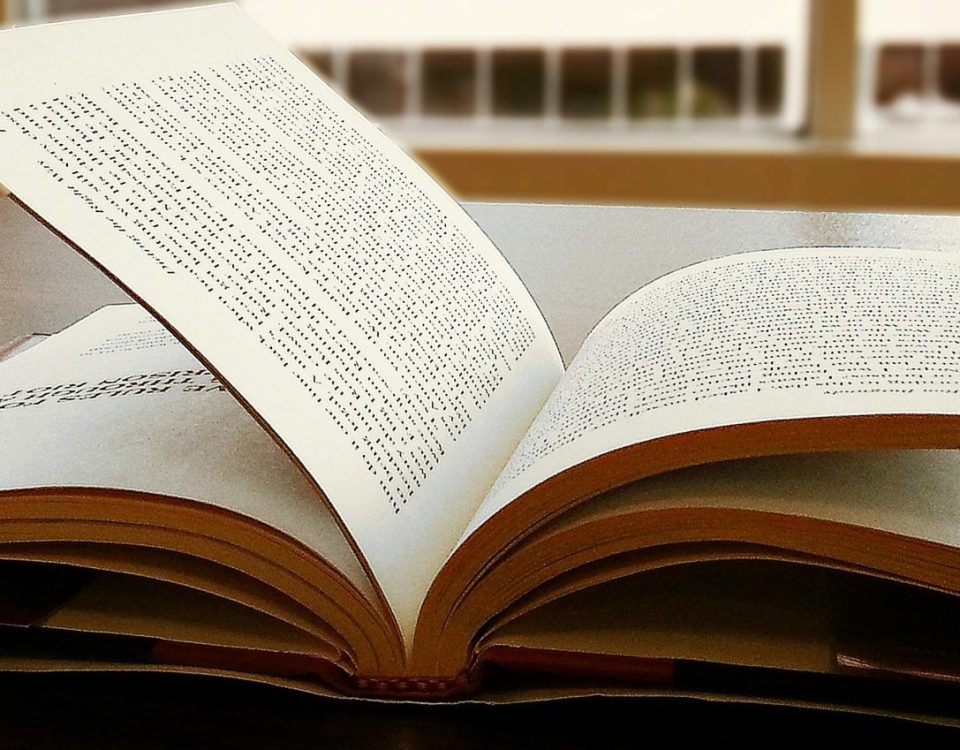


Top Selective School Graduate’s Tips on Reading in Selective Test and Scholarship Exams
November 25, 2023


JP English Student Successes: How Jarrod scored 95/100 for HSC English Advanced and ranked top 5 at North Sydney Boys
December 18, 2023Top Selective School Graduate’s Tips on Writing Feature Articles for Selective and Scholarship Exams
Feature articles are a commonly tested text type in the selective test and scholarship exams. They are often not understood properly unlike the tried and tested narrative. Below are some key tips to keep in mind to score high marks with your feature articles:
Throughout selective school placement and scholarship trial tests and exams, students will
be required to write in many different forms including feature articles. Feature articles, unlike
news reports, explore an issue or topic in depth via a narratorial tone rather than through
simply stating facts. This distinctive style requires students to carefully balance both facts
and opinions to send a strong message to their audience, and this particular balance can
often be difficult to achieve. However, with consistent practice and through applying these
strategies you can attain the highest marks!
1. Follow a strict structure.
Feature articles are similar to narratives in the sense that they follow a three-part structure
ie. an introduction, body and conclusion; each of these sections can be divided further into
smaller paragraphs. I would also recommend that you give your feature article a striking title
that can grasp the attention of the audience from the title alone.
Introduction:
In the introduction of your feature article, you should grab the attention of your
audience and outline the issue or topic that you will detail later on.
– You can capture your audience by starting with either an interesting or shocking
anecdote, or a provocative statement.
– Take a few sentences to then define your topic and provide any background
information that may provide context.
– Briefly summarise what points you will be elaborating on.
Body:
The body of your feature article is where you can delve into the topic more deeply. You
can provide conflicting perspectives regarding your subject matter and provide any
anecdotal experiences that may support your points.
Conclusion:
The conclusion of any writing piece whether it be a narrative or a persuasive
text tends to be the most neglected part by most students, and this is no different for a
feature article. The conclusion, however, plays the most important part in making sure your
piece feels complete and resolved, and it should include two parts for a feature article.
– Outline the main points and opinions you have brought up.
– Advise, or make your audience reflect on their own perspectives and behaviours,
with a strong ending statement or question.
2. Use feature article specific language features.
It is important to any writing piece that you apply techniques that best support the purpose of
that text. And so, it is important in a feature article to apply techniques that make you sound
personable and help to communicate your opinions. Some techniques you should apply are:
– Personal voice: Use ‘I’, ‘my’, and ‘me’.
– Colloquialism/humour: Unlike in a news report, in feature articles, you can sprinkle in
jokes or use more colloquial language to create a friendly and relatable tone which in
turn engages your audience further.
– Emotive language
– Inclusive language: Use ‘you’, ‘we’, ‘our’ and ‘us’.
– Anecdotes and rhetorical questions
– Add in facts to supplement your opinion
3. Plan and stay on track.
Writing under timed conditions is especially difficult – you may lose your ideas, start
contradicting your established opinions and produce a rushed conclusion. To avoid this, I
recommend that you take a few minutes at the start of your test to plan according to the
above structure and briefly brainstorm what perspectives and messages you would like to
send out. Then, stick to this plan and look over at the clock as you write.
4. Edit!
Always make sure you take a few minutes to identify spelling and punctuation
errors at the end.
Interested in learning more? Enrol in our selective trial test and intensive writing programs where you can learn the exact methodology of writing feature articles, access James Ruse exemplar responses and detailed theory notes.




